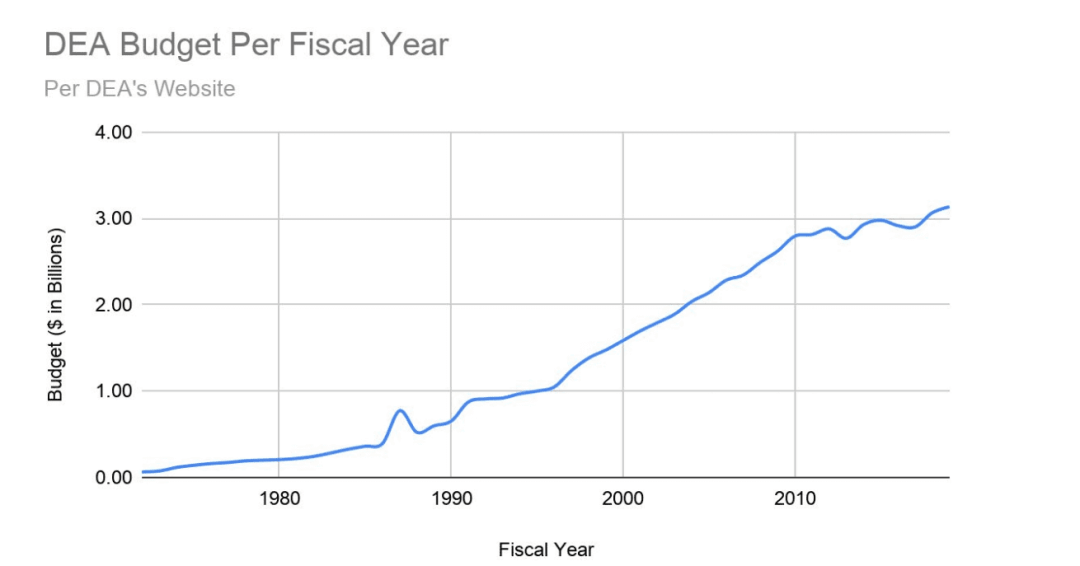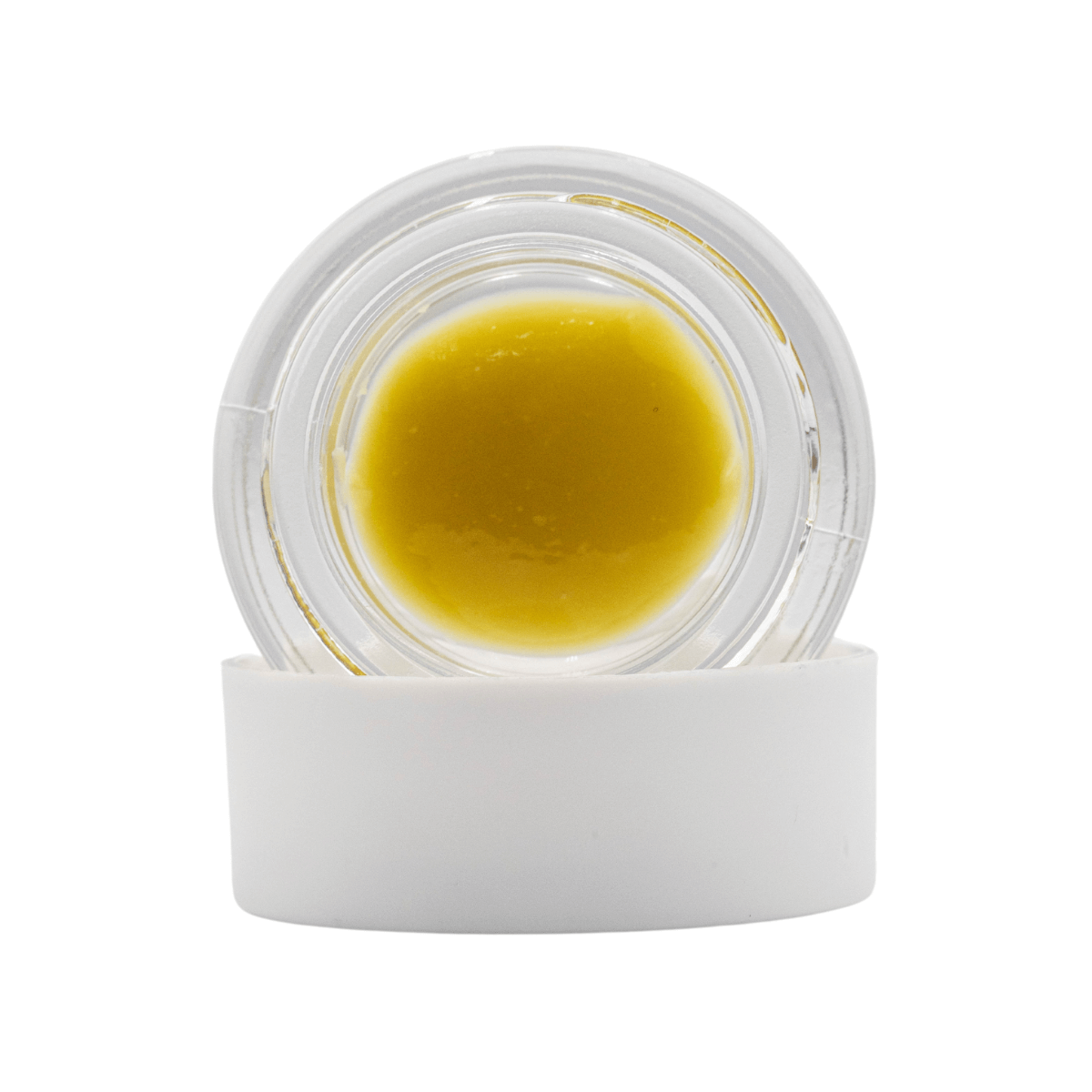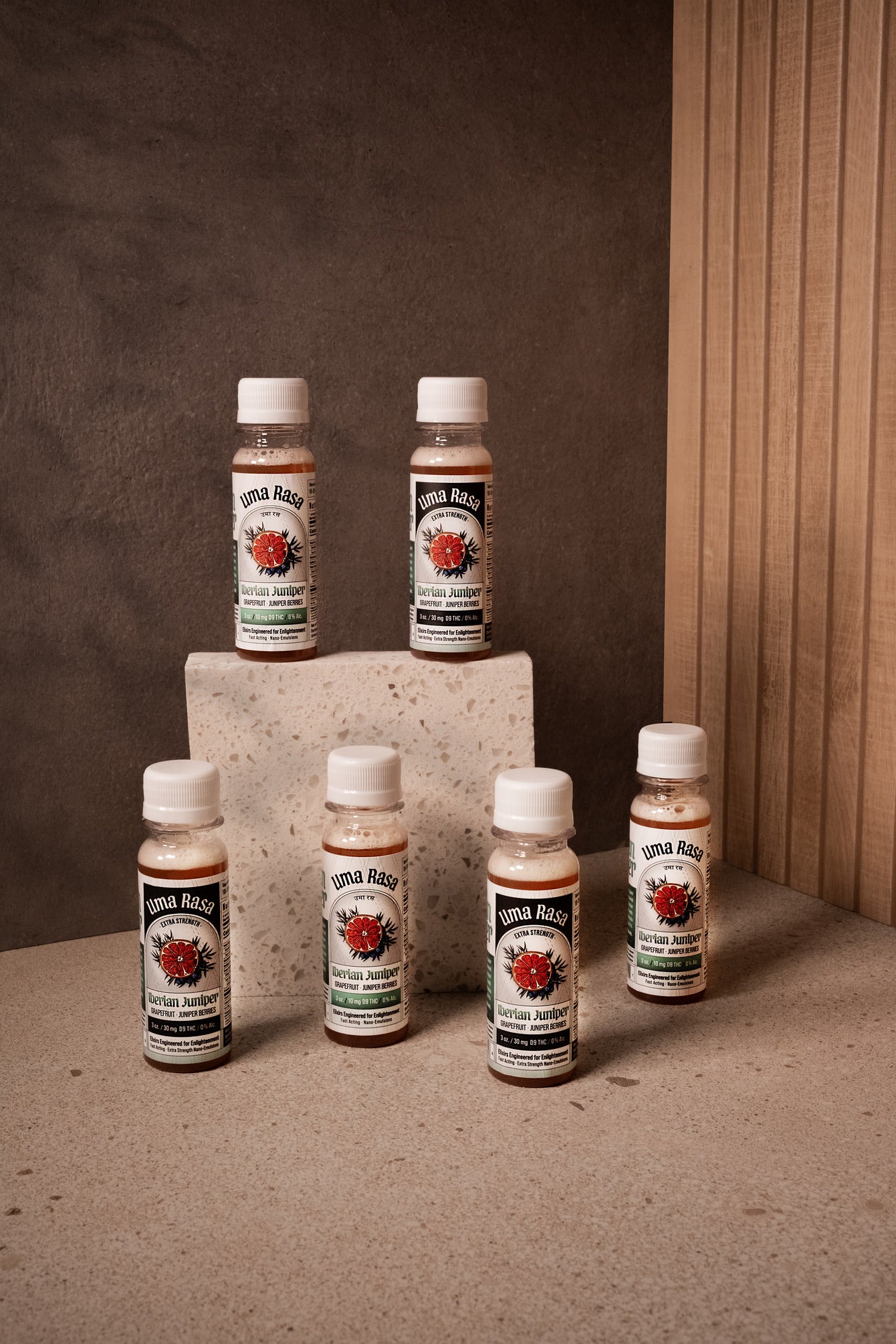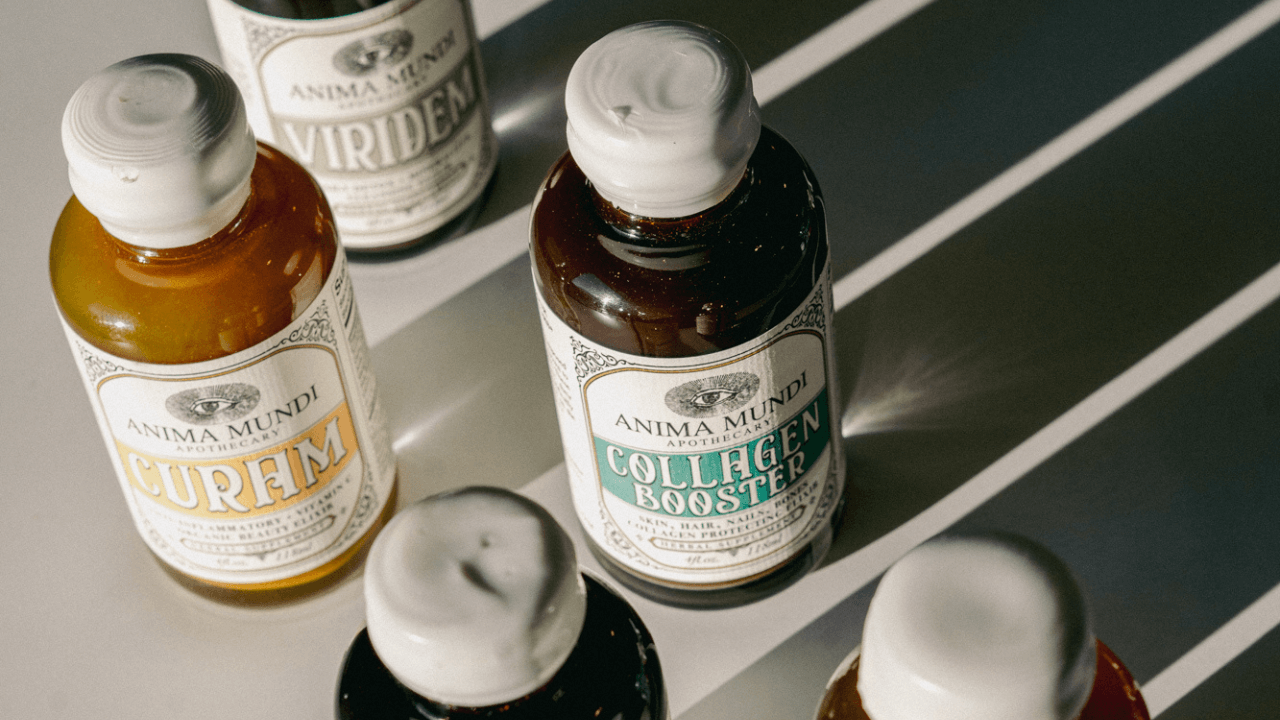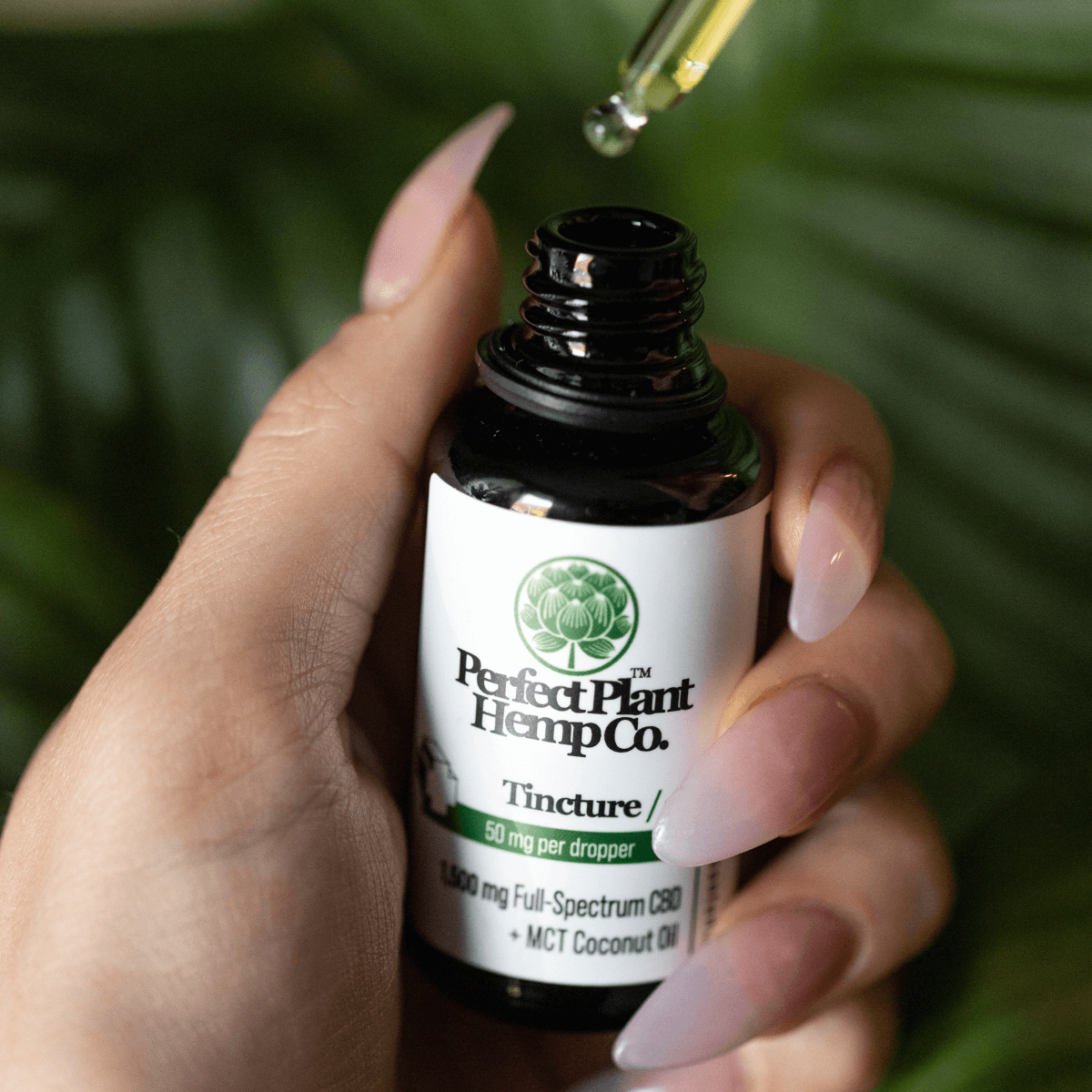By J Gordon Curtis
For over fifty years the DEA has been getting paid fat sums of money to rule over the world of legal and illegal substances. Their most recent attempt to do so, the Interim Final Rule (IFR), represents a massive overstep and potential for sweeping changes to the Hemp Industry.
The IFR’s stated agenda is to regulate the Hemp industry. However, upon a closer look, it’s no more than a thinly-veiled attempt at stifling this new economic resource. With great pushback from our industry we have bought ourselves some time as we have been given a year-long extension before these rules take effect. Still, there is much to unpack about this over step of power.
Let’s start with a few facts that showcase the racial agenda that this War on Drugs (read as: War on Cannabis) really intends. Truthfully, we have to look no further than the name “Marihuana.” Harry Anslinger, the first commissioner of the Bureau of Narcotics (the predecessor to the DEA,) is to blame for perpetuating and strengthening the use of this name.
Prior to his time, Cannabis was mainly known as, well, just that. Marijuana is a completely unrelated term used alongside another one that helps point to the reasoning of it: Locoweed. You guessed it, the term Marihuana was originally invented and perpetuated as a derogatory word to convince the public that cannabis is something that primarily Mexican immigrants were using. The “j” was even added to make it look more like a spanish word. Specifically, the Spanish name for Mary Jane.
And of course there is the propaganda film “Reefer Madness” and others created by Anslinger and his department. These films pushed further the racist agenda of portraying cannabis as a divisive substance, when we know it actually promotes unity.
Anslinger is quoted as saying “Reefer makes darkies think they’re as good as white men.” Next time somebody tries to tell you that the prohibition of weed isn’t racially based, ask if they’ve ever heard that colloquial chestnut. Sadly, a deep dive into the history of cannabis prohibition highlights the same issues we are dealing with today as a culture.
However, now we have the DEA, and they’re keeping the same plant prohibited in light of overwhelming evidence to it’s harmlessness. In addition to their racial foundations of criminalization, the DEA is also helping to keep it illegal in the interest of Big Pharma, Big Tobacco, and Industrial Agriculture – on top of the interests of the privatized prison industrial complex.
That final one is the real kicker, in my opinion.
It was only a few years ago that Whole Foods, the most expensive market in town, stopped using the slave labor they got courtesy of the thirteenth amendment and the prison system. Weed is a recruitment tool for the prisons. It brings in people that genuinely have done nothing wrong, making them fantastic workers to hire out for pennies on the dollar.
Whole foods wasn’t alone in this, however. McDonald’s, Walmart, Verizon, Starbucks, Victoria’s Secret, and many others have exploited this extremely cheap labor by providing income streams to the prisons for supplying them with it. Cannabis has helped these corporations to become stronger and more profitable through the prison industrial system.
The DEA’s neverending feud with cannabis has been going on in spite of overwhelming evidence of harmlessness and a two-thirds majority of the public (including 55% of republicans) in support of legalization.
About the Interim Final Rule:
Note on the IFR: In the final hours, congress has passed stop-gap budget legislation (H.R. 8319) which includes language allowing some states another year to find compliance on the IFR. Namely, states currently operating under the Hemp Pilot Program. Some 20-or-so states will then be permitted to continue operating based on the less restrictive 2014 Farm Bill.
First and foremost, this is the worst possible news for any other state, still confined to the rules set forth in the IFR. If left as is, these states are at risk of being swallowed whole by superior products coming from other states. Additionally, another year is not the solution that we need; this needs to go away forever.
The DEA has released this new rule despite the fact that the House is scheduled to vote on the Marijuana Opportunities, Reinvestment, and Expungements (MORE) Act. It would appear as though the government is at odds with itself on whether or not to continue wasting this money every year.
The burden placed on various Departments of Agriculture are already, in many cases, very heavy. When we began in 2018, our farm was one of some 280 licensed hemp farms in TN. While the DEA was still figuring out how to properly test and manage the industry, the count of licensed farms rose to 2,600, by April 2019.
After such explosive growth, the Tennessee Department of Agriculture had to implement a lottery system to decide which farms would get tested. The IFR proposes even bigger (and more trivial) restrictions which will only serve to increase the burden placed on smaller governing bodies.
In this new rule, the arbitrary .3% total THC limit would have to be maintained in all hemp and hemp “derivative[s], extract[s], or product[s]” and not apply strictly to the dry weight of the plant.
In the 1700’s Americans were legally required to grow hemp. Today, despite hemp’s recent federal legalization, our government is doing its best to make it difficult for growers. It’s a miracle of modern science that cannabis breeders have been able to produce CBD rich genetics that stay under the .3% Delta9 THC threshold. With the proposed IFR these same genetics will be illegal, taking the entire industry backwards. This new rule is not about safety, it’s about the control of this burgeoning billion dollar industry.
Cannabis breeders have worked for years to create CBD genetics and stabilize to a non psychoactive level, and now the DEA wants to impose even tighter restrictions. Even still, we are trying to get a handle on it. In January, it was reported that Arizona farmers were having to destroy 40% of their crops for the fact that they tested over the .3% threshold. The truth of the matter is even THC at 1% is extremely benign.
Many in the industry, ourselves included, are calling for a 1% threshold so we can open up to greater variety and applications of hemp. This would give much more leeway to the farmers, allow us to bring in new strains and increase the overall quality while still keeping the plant non-psychoactive.
There has been no public outcry over the THC levels in Hemp. There have been no harmful incidents with hemp, and there is no reason to impose these new rules. Does the industry need regulations? Yes, but not in this form.
By attempting to implement unnecessarily strict measures, the DEA is attacking a growing industry in the middle of an economic recession and pandemic even though the cannabis industry has been deemed an “essential business.” What type of free country makes Mother Nature illegal?
It’s worth also mentioning that this rule has the potential to be rendered entirely irrelevant should both the House and Senate vote in favor of the MORE Act, the bill for federal decriminalization of marijuana. Though it would no doubt be an added benefit to see the large decrease to the DEA budget, that cut would not be nearly enough.
The Bankruptcy of the War on Drugs
Imagine spending $3 Billion per year on a failure as complete as the DEA has been. Perhaps the most tragic irony of the War on Drugs has been the fact that our nation is in the worst drug epidemic ever, and it’s largely due to legal pharmaceuticals. The DEA was looking at the back door and the front door was open the whole time.
Time and time again, it has been proven that abuse is both a disease and a public health concern, not a legal one.. We need the government to invest in programs to help people recover from the disease of addiction, not punish them with the law. For example, needle exchanges, suboxone, and narcan clinics as well as safe injection centers. All of these have all proven to be wildly more effective and vastly less expensive to maintain than managing the challenges of drug addiction with draconian drug laws.
If the government cared about drug abuse, it would look at the facts surrounding this public health crisis, rather than simply punishing and jailing people with the disease. One of those facts is that Cannabis is a much safer and healthier alternative to opiates, and can help save lives.
I don’t say this to equate Cannabis and opiates but, rather, to show that the DEA is ineffectively addressing these complex issues regardless of the drug. Why has the government not yet realized that their star player might not be the performer they think he is?
It is time to reimagine the DEA’s role in society, and redistribute their $3 Billion budget to productive institutions and programs that can promote health and safety, rather than waging a war against our own citizens. The DEA’s War on Drugs, and associated policies stemming from this concept, has been an abject failure that has ruined the lives of countless people and families across the country. We need a new, more intelligent approach to cannabis, and the cannabis industry, and this starts with rejecting the IFR. The DEA has never justified their funding by actually slowing the spread of drugs or addiction. We shouldn’t let them set new rules, when their past record has been so poor.
More on The MORE Act:
The MORE Act has been pushed back until after the election. While we plan on getting more into this in our future article on ending the prohibition of marijuana, it’s worth noting here how big of a deal this can be.
With many Senate Republican’s jobs being up for debate this November, it’s possible that the Senate could actually swing blue. If this happens, the House Democrats pushing off the vote could be something that really helps to push it through. However, and nobody wants to admit this, we have no idea what could happen in November.
It’s up to us to keep a diligent eye on this and ensure that it doesn’t get quietly swept under the rug. It is imperative that this reaches a vote so we know where every Senator and Congressperson stands.
It will be interesting to compare their voting habits on the subject of cannabis with their donorship. When Marijuana is officially legal, these very politicians will do their best to capitalize on the plant as well. Their voting record will be instrumental in ensuring that we are able to block them from doing so or, at the very least, call out their hypocrisy.
We can take the money we needlessly spend on the DEA and bring about an economic revolution. Everybody agrees that public education, the health care system, infrastructure, and about a million other time-sensitive and costly aspects of America are due for an upgrade.
Three Billion Dollars per year can be spent on those things as opposed to something two-thirds of American’s don’t even want prohibited.


